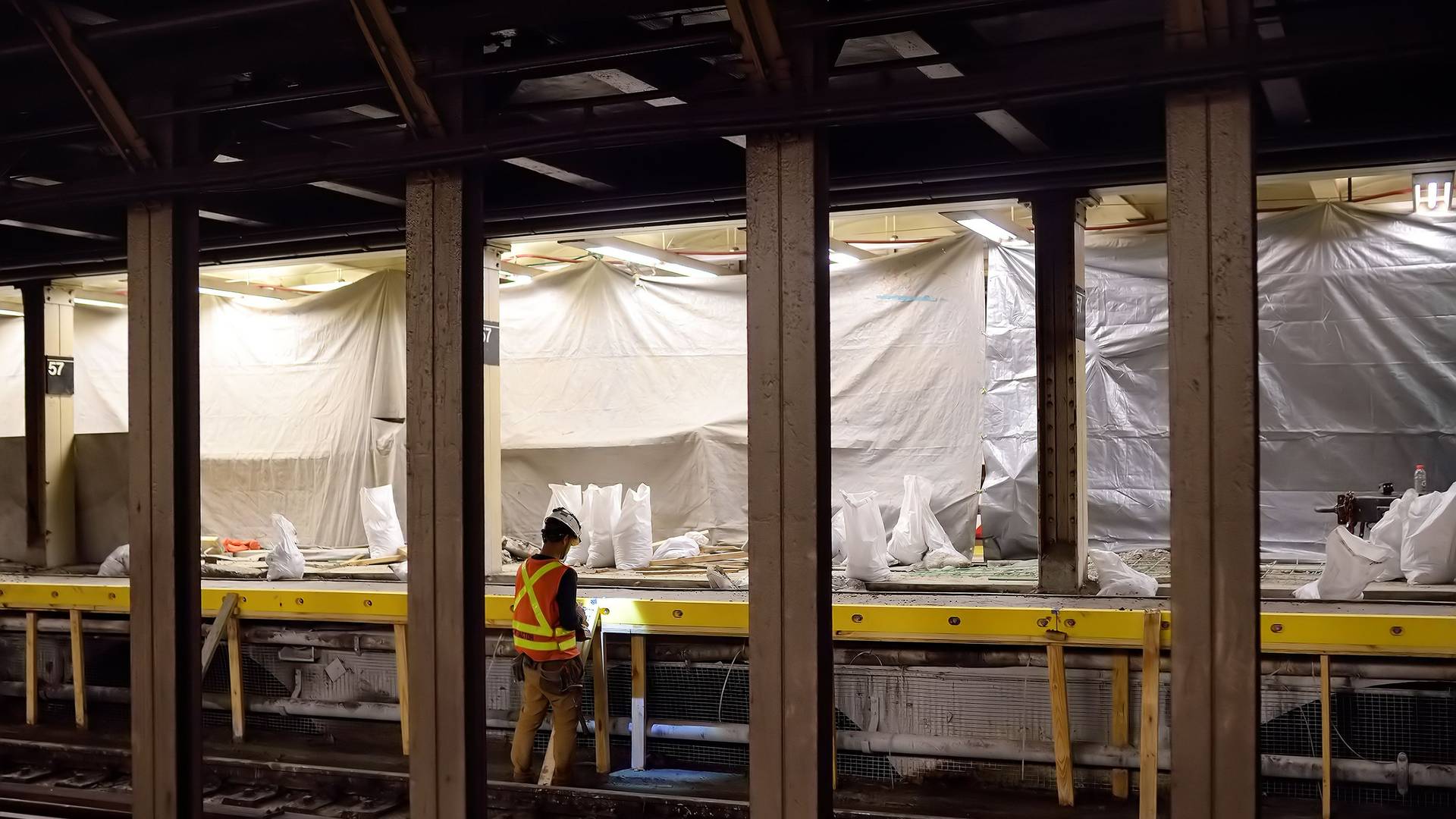Share
A shortage of labor is threatening the ability of transit systems to provide service and is among the most acute challenges currently facing the sector.
An APTA survey found that the aging workforce and tightness in the labor market were factors contributing to 96% of agencies “experiencing a workforce shortage, 84% of which said the shortage is affecting their ability to provide service.”
The New York City region is far from being immune to this as Clarelle DeGraffe, General Manager of PATH at the Port Authority of New York and New Jersey, said that a critical challenge was preparing for 20% of its workforce who are eligible for retirement within the next two years: “That’s a huge amount. These are the experts that actually operate the railroad. They maintain the railroad.”
PATH is seeking ways to retain the knowledge of its veteran workers, including engaging them in succession planning and mentoring their potential replacements.
Rich Davey, President of NYC Transit Authority, said there were key areas he was focused on to meet the human capital challenge: improving the day-to-day culture, employee engagement, and improving work processes that meaningfully change the work experience. As part of that effort, NY Transit has launched its first employee engagement survey in 10 years.
“I have found that at the end of the day… almost everyone, customers or employees here [and in] other places I’ve worked, they want to be heard,” he said. “And I’m sure we’re… probably going to hear that we’ve got a lot of work to do, but we need to roll up our sleeves.”
Cathy Rinaldi, President of MTA Metro-North Railroad and interim President of Long Island Rail Road, talked about the importance of recognizing the very real challenges of the job, and making sure she and her team are focusing on explaining why the work is so important.
“One of the things that I’m struck by is we talked a lot about technology and innovation, but railroading…it’s really hard work...So the challenge for the industry is convincing young people that they want to do these really hard jobs,” she said, by focusing on the incredible opportunities for rewarding, important work that the rail industry can provide for people with all sorts of backgrounds.
Hear more discussion on how NYC’s transit leaders are unlocking their labor challenges:




